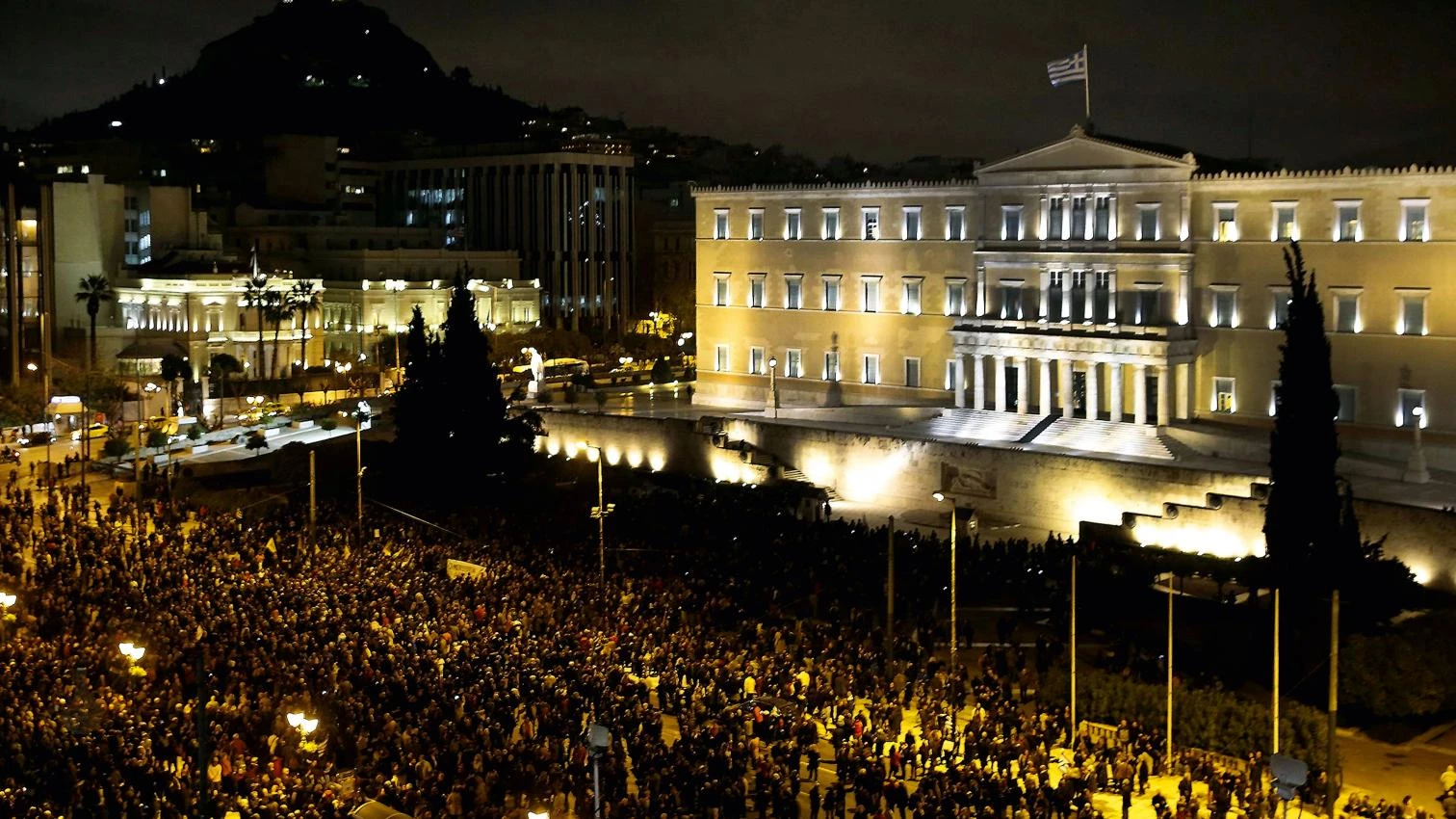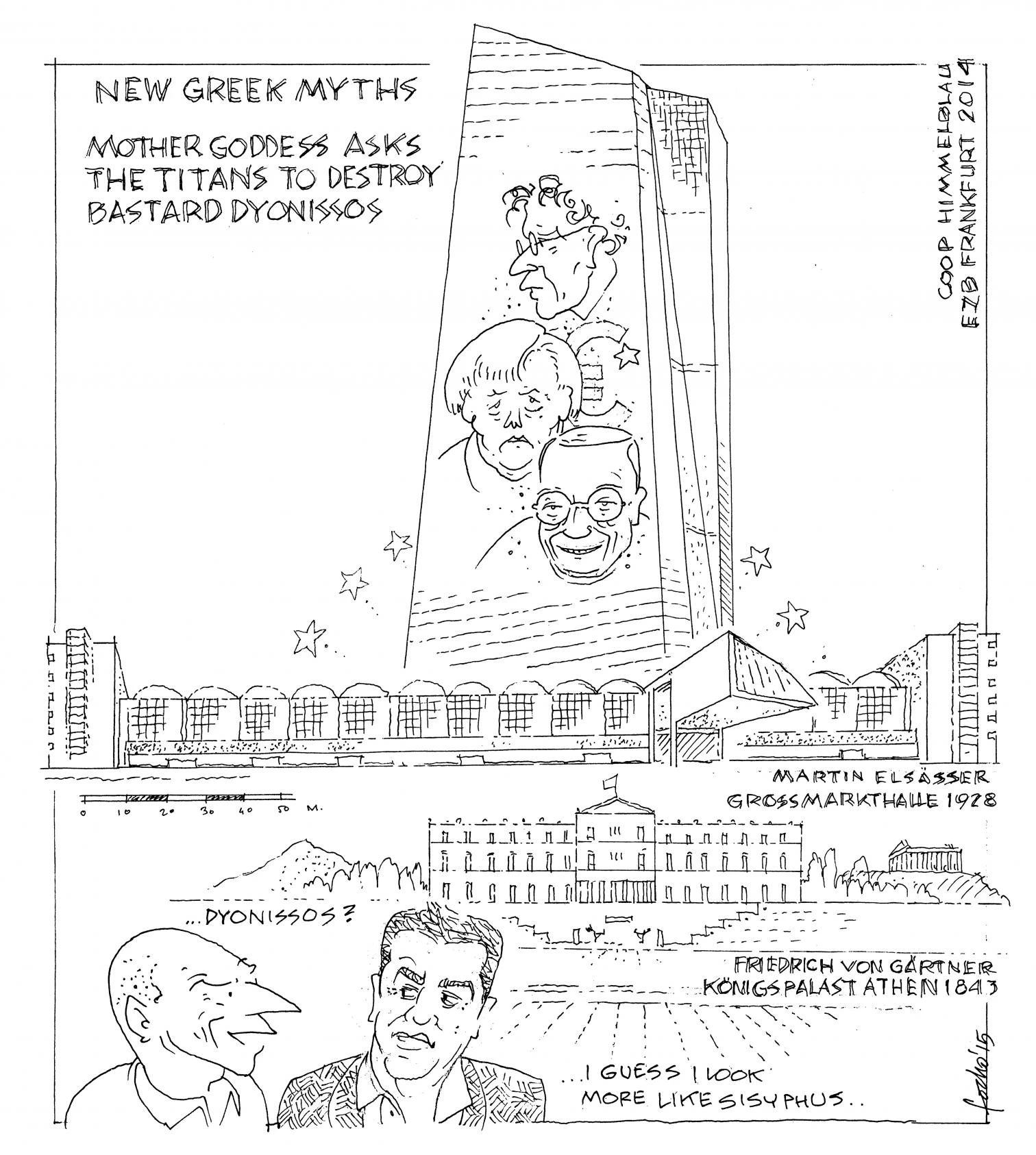
The perpetual crisis of Greece is the real tragedy of a country incapable of escaping its destiny; a destiny which, as in plays by Aeschylus, some believe is imposed by the furious gods of the Troika (the financial Olympus), while others see as a result of unawareness (Greece as Oedipus), or even of the hubris symbolized by the excess of the 2004 Games. Like all tragedies, the Greek one has caused catharsis, and it has also had its oracles and Sibyls, when not its Cassandras. They gave warnings ten years ago about the dangers of public debt, and five years ago about the effects of Hellenic collapse on the single currency. Now they point at the effects (dangerous to some, beneficial to others) that such a talked-about Grexit would have .
Syriza’s coming to power has not managed to turn the tragedy into a simple drama, but has in fact reinforced the tragic situation with new characters of the Dionysian kind: Varoufakis as hero facing his inevitable destiny and of course failing; Tsipras driven to sign a pact he doesn’t believe in and thus condemned to ostracism; the people acting as chorus in a referendum that nobody respects. And all this against the backdrop of two large buildings: the wasteful headquarters of the European Central Bank (ECB), with its facets of crystal; and, on the already famous Syntagma Square, the Greek Parliament, built by a German architect in 1843.
Meanwhile, day after day, the figures keep climbing: it is calculated that there are 300,000 vacant dwellings in Athens, and that 165,000 people have left Greece this year alone. This is sure to continue..






